Types of Real Estate Properties

Single-Family Home
A standalone residential property designed to house one family, typically with a private yard or garden.

Condominium
A housing unit within a larger building or complex, where residents own their individual units but share common areas and facilities maintained by a homeowners' association (HOA).

Townhouse
A multi-level residential unit that shares walls with neighboring units, often arranged in rows or clusters. Each townhouse has its own entrance and may include a small yard or patio.

Apartment Building
A building consisting of multiple rental units, typically owned by a landlord or property management company, and offering individual apartments for rent.

Commercial Property
Buildings or land intended for business or commercial activities, such as office buildings, retail spaces, or mixed-use developments.

Industrial Property
Properties designed and used for industrial purposes, including warehouses, manufacturing facilities, or distribution centers.

Land
Unimproved or improved parcels of land that can be used for various purposes, including residential, commercial, agricultural, or recreational development.

Farm or Ranch
Properties primarily used for agricultural activities, including the cultivation of crops or raising livestock. These properties often include farmhouses, barns, and agricultural land.

Special Purpose Property
Properties with unique or specialized functions, such as churches, schools, hospitals, hotels, or recreational facilities.









